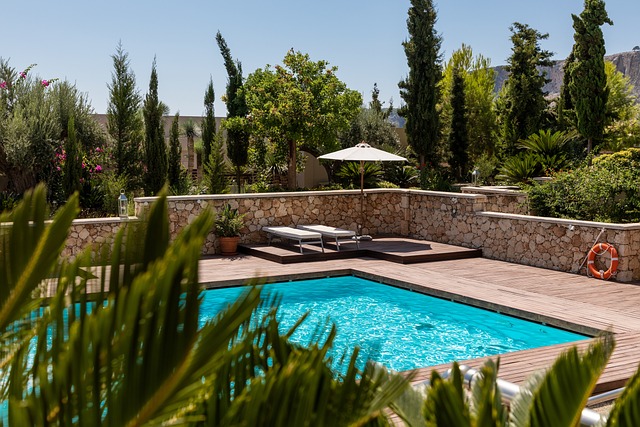
As strange as it may seem, the availability of a sufficient amount of water, or lack of it, has a direct effect on real estate demand and prices, especially in relation to the foreign market, in which we are competing with other countries.
Purchases from abroad translate into around €2 billion/year and thousands of jobs. Despite many warning the issue is not being taken seriously by politicians, with the attitude being that no one is to blame for the possible unacceptable situation in the future, except the lack of rain.
However, solutions are needed and having experience in the construction sector, I am of the opinion that the following measures will help, since water scarcity is on the rise in this part of the world and better management of water is needed.
For every new building, before a building permit is issued, a water saving plan should be submitted, such as water recycling or use of technology to save water. Just as there is a provision for energy saving, there should also be a requirement to save water with minimum requirements.
Lavatories that have only one flush button should be prohibited – only dual flush toilets should be used, which save thousands of tons of water, especially in offices.
All swimming pools should be required to be covered during hours when they are not in use, though this would be difficult to implement. A small pool of 4x8m with a depth of 1.50m contains 48 cubic metres of water that evaporates an average of 90 per cent every 6 months. Thinking of the thousands of swimming pools, and the many more being built, you can imagine how much water could be saved.
There should be a policy of increasing pricing, after 1 ton of water per day per household or a maximum consumption of 30 tons per month for four people, the cost should increase.
Construction should be forced to drill on all land bigger than 1000sq.m, instead of at will.
The spraying of slabs during construction should not be done with drinking water, nor should it be used for making concrete. As there is now the procedure for temporary power supply for buildings, it should be necessary for the contractor to either drill a borehole on site and/or transport water by tanker trucks for the needs of the building.
The different types of washing machines and dishwashers should be studied and those that use water beyond a specified amount should not be imported.
There should be some kind of policing regarding water use, with private inspectors for the local authorities monitoring and stopping use of drinking water for washing sidewalks, cars, terraces and so on. As the system currently stands, it is impossible to police even a tiny percentage of households.
Private policing could run on a pilot basis for 6 months and be undertaken by private companies and/or in cooperation with Government/Municipal employees (outside working hours), with a percentage of the fine submitted (not the best solution but we are not in the best situation).
Water shortage is one of the most serious issues Cyprus faces and in theory, we are sure that everyone agrees, but what is being done in practice?
Money is of no use when there is no water. Our leaders must learn to lead and not follow the mob, regardless of the political cost.
Antonis Loizou & Associates EPE – Real Estate Appraisers & Development Project Managers, www.aloizou.com.cy, [email protected]




